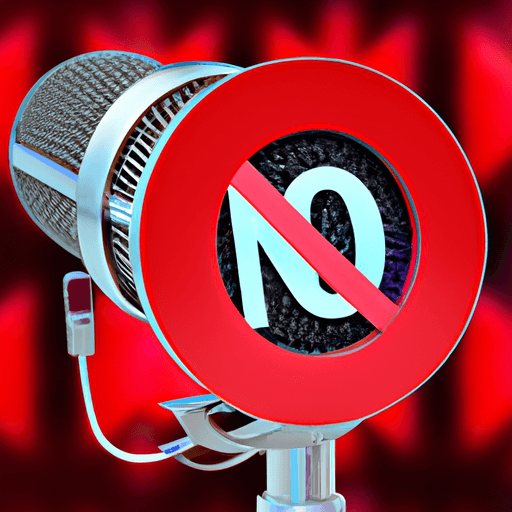The Complexities of Cancellation and Freedom of Expression in Modern Entertainment
In today's world, where everyone is granted the right to freedom of expression, there are still boundaries that govern what we say, do and portray in various forms of media, especially in the field of entertainment. These boundaries or limitations are often seen as a compromise of freedom for the sake of propriety, safety, and respect. The following article will explore these concepts in depth.
Understanding Freedom of Expression
Freedom of expression is the right to express one's ideas and opinions freely through speech, writing, and other forms of communication but without deliberately causing harm to others' character and/or reputation by false or misleading statements. It also involves the right to seek, receive and impart information and ideas through any media, regardless of frontiers.
Limitations of Freedom of Expression
While freedom of expression is a fundamental right, it is not absolute, and can be limited in order to balance the vital task of protecting other important rights and freedoms. These limitations can often occur in the form of censorship.
Censorship in Entertainment
Censorship in entertainment often arises out of a concern to maintain societal standards and protect the general public, particularly young audiences, from controversial or potentially offensive material. It can often influence the creative process, leading some to argue that it stifles originality and limits artistic expression.
Impacts of Censorship
Censorship can have a significant impact on artists and audience. It can hinder creative freedom, limit the variety of content and subject matters that are portrayed, and potentially restrict audiences from gaining a broader perspective of the world. However, in some cases, censorship can also result in artists finding more creative and nuanced ways to express their thoughts and ideas.
Significant Examples
Historically, notable examples of censorship include the suppression of controversial themes or controversial figures in the entertainment industry. In such cases, the line between protecting societal norms and suppressing creative expression becomes blurred.
The Digital Influence
The rise of digital platforms has significantly influenced the traditional constraints of censorship and freedom of expression in entertainment. On one hand, it provides a global platform where creators can share their work without the same geographical and institutional barriers. However, digital platforms also confront new challenges in content moderation and the spread of misinformation.
Striking a Balance
In conclusion, while appropriate censorship and freedom of expression both hold intrinsic value in modern entertainment, striking a careful balance is crucial. It's essential that censorship shouldn’t limit the creative expression of artists, while also ensuring it doesn’t compromise the safety and respect of individuals and communities. This balance necessitates ongoing dialogue and critical analysis, which in itself is a testament to the power of free expression.




















Comments
Leave a Comment